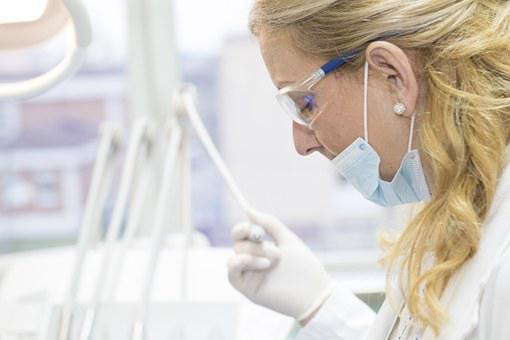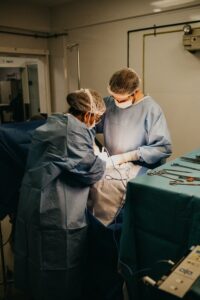People who feel scared and anxious before undergoing dental treatment often opt for sleep dentistry, which employs several methods of dental sedation.
However, not all sedation methods involve sleeping. In this blog, we’ll be discussing several options that you may have come across while looking at dental sedation.
Let’s understand what they are and what the best method for your upcoming treatment is.
Understanding Dental Sedation
Dental sedation helps patients remain calm and comfortable during both long and short dental procedures. And contrary to popular belief, sedation is a lot more than just administering laughing gas to patients.
A large variety of numbing agents and shots are given during dental sedation to manage pain and anxiety.
Types of Dental Sedation
Laughing Gas
Nitrous oxide, also popularly known as laughing gas, is widely used to relax people who are undergoing dental procedures. You’ll still be conscious while you breathe it in and the effects will wear off rapidly as soon as you take the mask off.
People who are only given nitrous oxide for sedative purposes are even allowed to drive back home after treatment.
Oral or Conscious Sedation
Some people require oral sedation along with laughing gas to relax. This involves being given a prescribed amount of sedative before you undergo treatment.
You may be required to take the sedative a night before treatment and once more an hour before.
With oral sedation, the patient stays awake, but feels significantly relaxed and comfortable during the procedure. Some patients often forget the procedure after it’s done. This is more commonly used for patients who have severe dental anxiety.
IV Sedation
IV Sedation comes in two variants: twilight IV sedation and general anesthesia.
Twilight IV sedation normally makes patients feel very sleepy and they don’t remember any part of the treatment when it’s done. However, the patient is not entirely unconscious and can be woken up during the procedure if the dentist needs to do so.
General anesthesia is not used very commonly in sleep dentistry. It is only given to patients who have to undergo relatively complex oral surgeries, or to those who are intolerant toward other types of sedation.
Do You Need Dental Sedation?
Let the dentists at West Hills Smiles know about your anxieties and fears before your procedure. They will suggest you the best sedation option based on your dental problems and medical history.
We have the best dentists in Woodland Hills, CA, who will ensure your comfort and ease during the entire procedure.
Call us at (818) 346-4303 and get same-day appointments.




